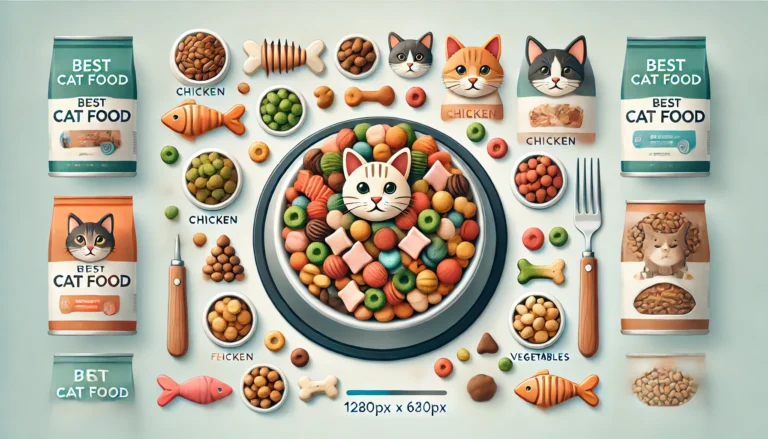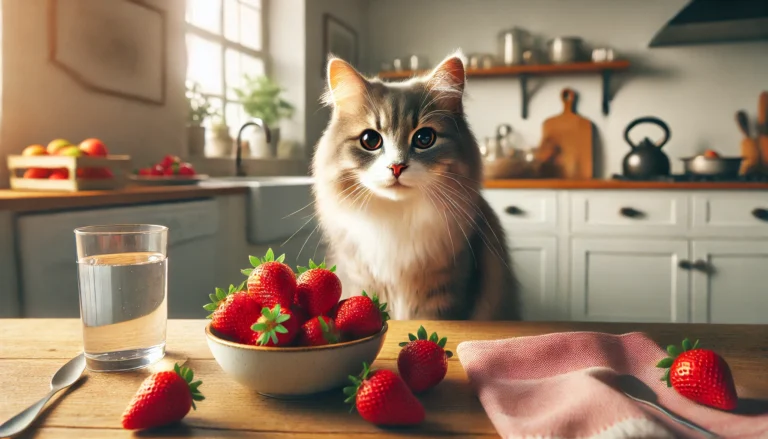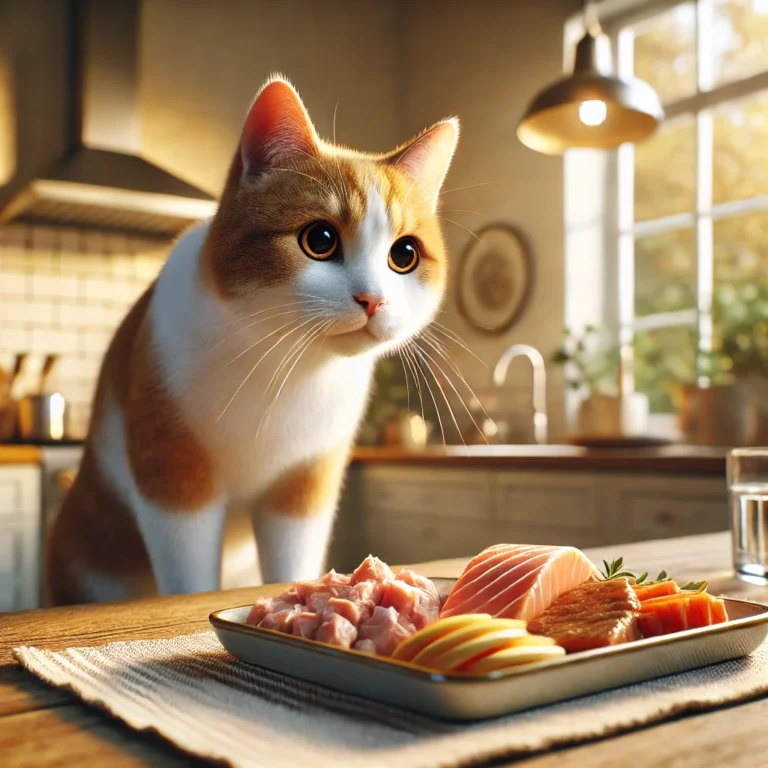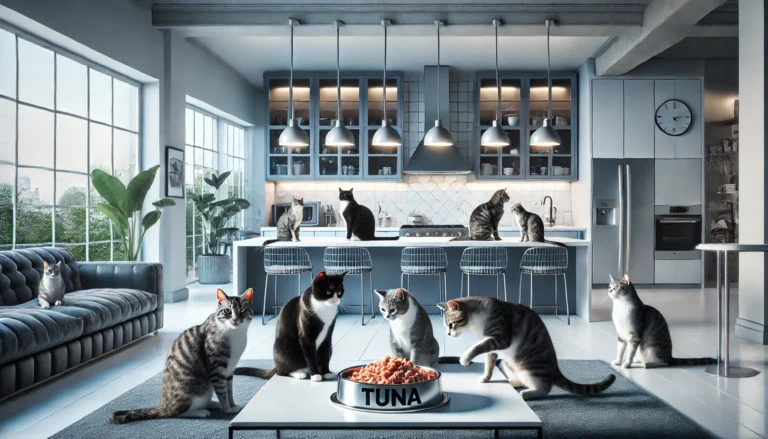can cats eat garlic?
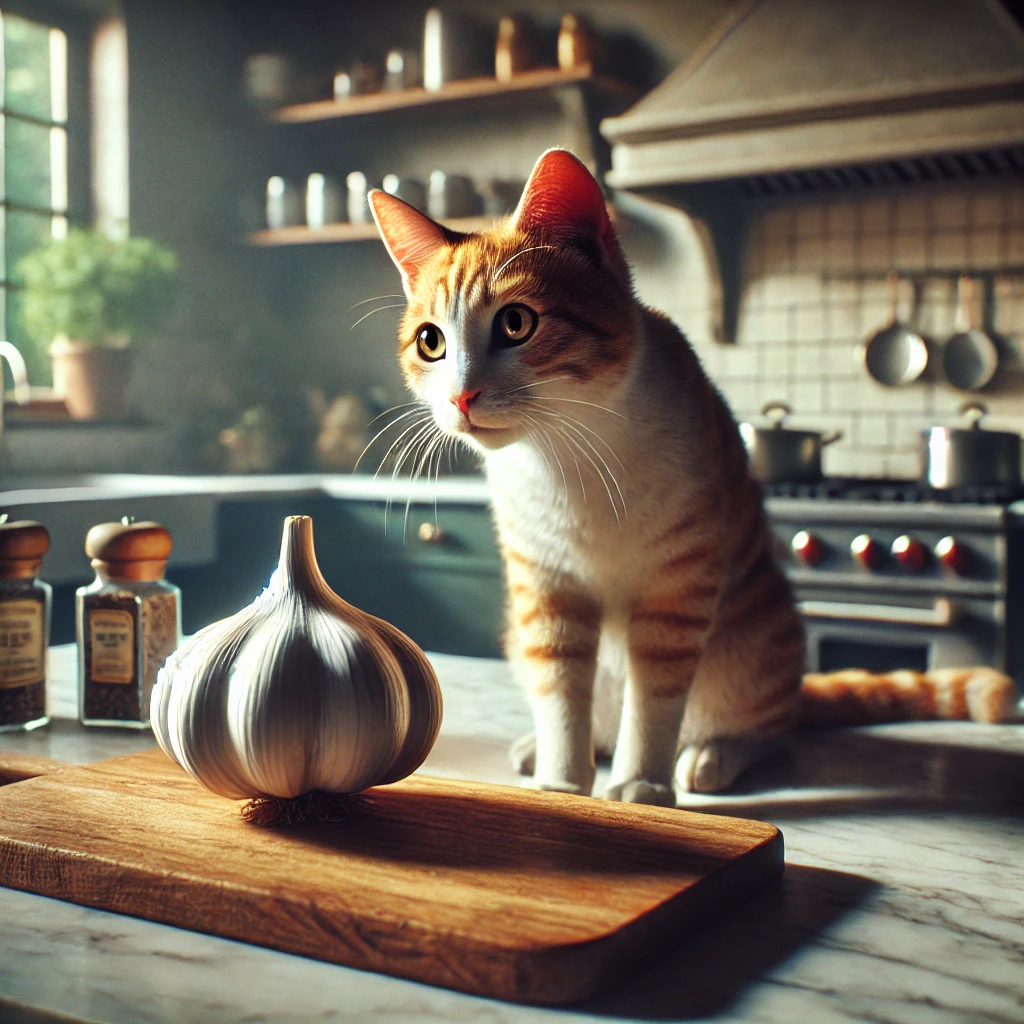
The question “Can cats eat garlic?” is commonly asked by pet owners due to garlic’s ubiquity in human cuisine and its associated health benefits. Although garlic is beneficial to human health, it poses significant risks when ingested by cats. This article aims to explore thoroughly the reasons why garlic is dangerous for cats, the specific symptoms of garlic toxicity, effective treatment methods, and strategies to prevent accidental garlic ingestion by cats.
What is Garlic and Its Common Uses?
Garlic, scientifically known as Allium sativum, is part of the Allium family, which also includes onions, leeks, and chives. Known for its pungent aroma and strong flavor, garlic is used globally in cooking and as a natural remedy for various human ailments. However, pet owners often wonder: “Can cats eat garlic?” Despite its benefits for humans, garlic contains substances that are toxic to cats, leading to severe health issues.
Can Cats Eat Garlic? Understanding the Dangers

The Science Behind Why Cats Shouldn’t Eat Garlic
Garlic’s toxicity in cats is primarily due to its concentration of thiosulfates. Unlike humans, cats lack the enzymes necessary to safely break down these compounds. This deficiency can lead to oxidative damage in red blood cells, resulting in their rupture and causing hemolytic anemia, a potentially fatal condition. Thus, it is clear that garlic is bad for cats, even in minimal amounts.
Can Cats Eat Garlic Without Getting Sick? Recognizing Symptoms
Recognizing the symptoms of garlic poisoning is crucial for cat owners. Symptoms may include extreme lethargy, weakness, reduced appetite, pale gums, increased heart rate, vomiting, and diarrhea. These signs can vary in intensity but typically develop shortly after ingestion and can be acute or delayed depending on the amount of garlic consumed. Such severity of symptoms underlines the importance of the question, “Can cats eat garlic?”
Tips
Unlock the secrets to a swift recovery: Master the essentials of cat neutering aftercare and watch your feline friend bounce back in record time!
How Much Garlic is Toxic to Cats?
The toxic dose of garlic in cats is much lower than in dogs or humans. Studies have shown that ingestion of as little as 5 grams of raw garlic per kilogram of body weight can be toxic to cats. This makes even trivial amounts dangerous, emphasizing that no level of garlic consumption is safe for cats, be it in the form of fresh, cooked, or powdered garlic.
Misconceptions About Garlic and Cats
Despite evidence of its toxicity, some pet owners believe that garlic can help repel fleas and worms due to its strong smell and antimicrobial properties. However, these beliefs are dangerously misleading and not backed by scientific evidence. This brings us to reiterate that garlic is harmful to cats, and pet owners should avoid using it in any form.
Safe Alternatives to Garlic for Cats
Given the risks associated with garlic, it is crucial to use safer, vet-approved alternatives for flea and parasite control in cats. These include topical treatments, oral medications, and flea collars designed specifically for cats, which are effective and safe under veterinary guidance.
First Aid and Treatment for Cats Ingesting Garlic
If you suspect that your cat has ingested garlic, immediate action is crucial. Contact your veterinarian right away. They may administer activated charcoal to prevent further absorption of toxins and provide supportive care, including fluid therapy and oxygen supplementation. In severe cases, blood transfusions may be necessary to manage anemia. This immediate and aggressive treatment underscores the severity of garlic toxicity and the importance of quick response.
Preventive Measures: Keeping Garlic Away from Cats
To ensure the safety of your feline, it is critical to keep garlic and all related Allium species out of reach. Avoid using garlic in food preparation for cats, and be cautious with garlic storage. Educate everyone in your household about the risks garlic poses to cats to prevent accidental ingestion.
Conclusion: can cats eat garlic?
In conclusion, the answer to “Can cats eat garlic?” is a resounding no. The risks associated with garlic ingestion by cats are severe and potentially life-threatening. Understanding these risks, recognizing the symptoms of toxicity, and knowing how to respond to such incidents can help cat owners protect their pets from harm. Always consult with a veterinarian before introducing any new food into your cat’s diet, and adhere strictly to expert recommendations regarding feline nutrition and health.
What happens if my cat eats garlic?
If your cat consumes garlic, they may be at risk of developing garlic toxicity, which can lead to hemolytic anemia. Symptoms include lethargy, pale gums, vomiting, diarrhea, and rapid breathing. Immediate veterinary care is essential to prevent severe complications or even death.
Do cats like the taste of garlic?
Cats generally do not like the taste of garlic. Their taste preferences and sense of smell can make strong-flavored and pungent foods like garlic unappealing. Additionally, cats lack the ability to taste sweetness, which further diminishes their interest in many human foods.
Why is garlic in cat food?
Garlic is rarely found in commercial cat food due to its known toxicity to cats. However, small amounts might be included in some natural or holistic pet foods under the mistaken belief that it can help prevent parasites and boost immune health. It’s important to carefully check the ingredients of your cat’s food and consult with a vet if garlic is listed.
Is garlic bread ok for cats?
Garlic bread is not safe for cats to consume. Not only does garlic pose a significant risk of toxicity, but the bread itself offers no nutritional benefit to cats and can contribute to obesity and other health issues. Additionally, butter and other fats commonly found on garlic bread can be harmful to a cat’s health.
Why is garlic toxic to cats but not humans?
Garlic is toxic to cats because they lack certain enzymes needed to metabolize the thiosulfates found in garlic. These compounds can cause oxidative damage to red blood cells, leading to anemia. Humans, on the other hand, have the necessary enzymes to safely process these compounds, allowing us to consume garlic without the same health risks.
Is there anything cats can’t eat?
Yes, several foods that are safe for humans are dangerous for cats. These include chocolate, caffeine, alcohol, onions, garlic, and grapes or raisins. Additionally, foods high in fat and salt can lead to health issues. Always consult with a veterinarian before introducing new foods into your cat’s diet to ensure their safety and health.

